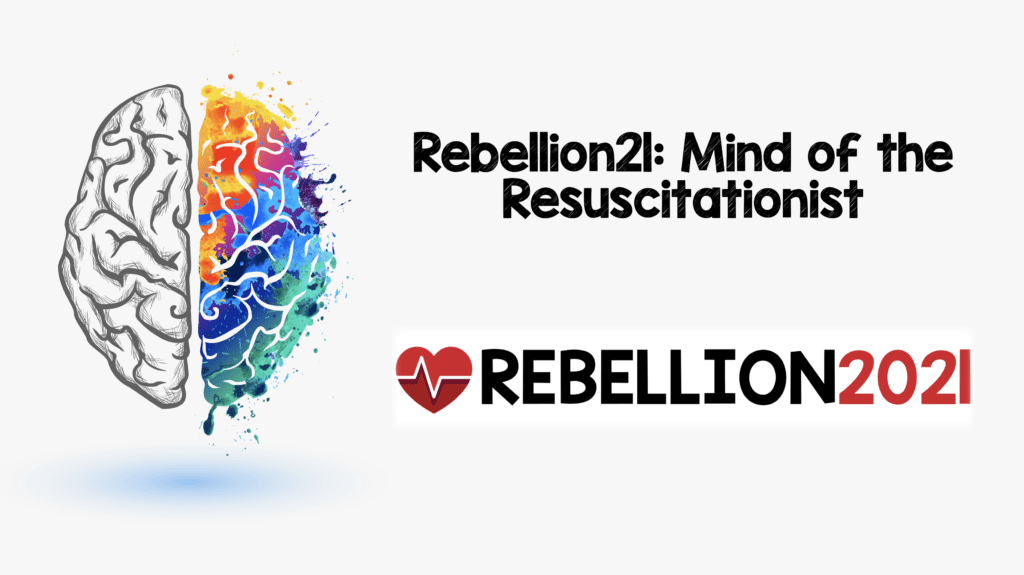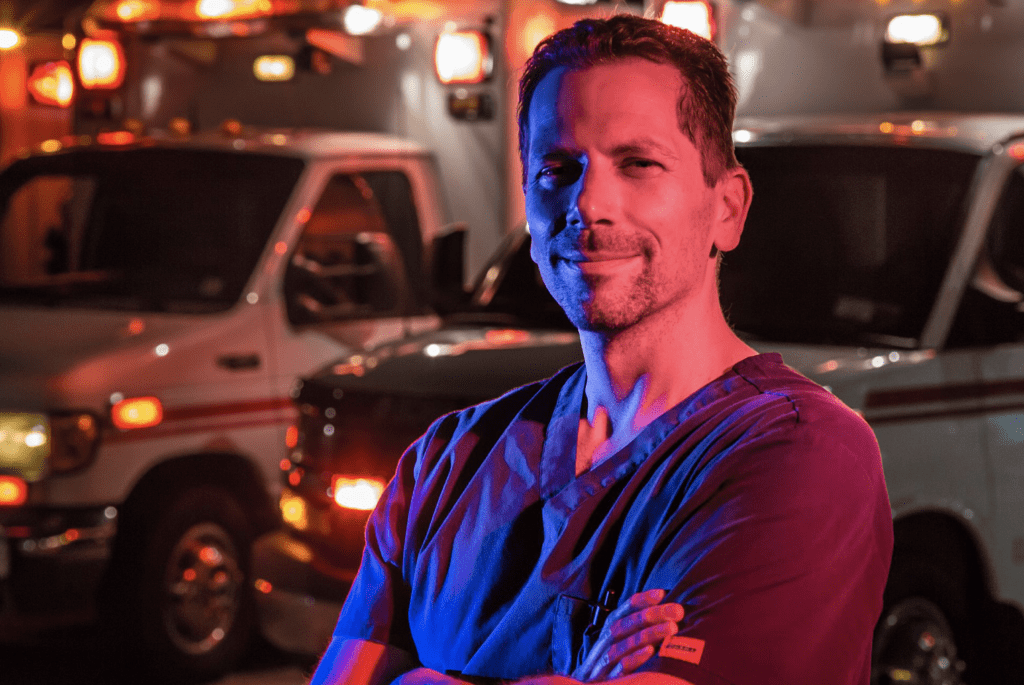

Scott D. Weingart, MD FCCM FUCEM DipHTFU
Professor
Chief, Division of Emergency Critical Care
Director, Resuscitation and Acute Critical Care Unit
Stony Brook Medicine
Stony Brook, NY, USA
Twitter: @emcrit
Objectives:
- Apply new knowledge and strategies to optimize the care of the critically ill patient as provided by the multi-professional team
- Review and integrate guidelines to measure performance and identify areas for further study and improvement
- Use the best current evidence combined with tacit knowledge to best treat his or her patients
- Identify and avoid the most common errors when treating patients with this condition
- Combine best practice and compassion to be able to communicate goals of care with patients and families
High Performance Resuscitation Mindset Concepts
- Maximally Aggressive Care (Both Palliative and Curative): Pick a thoughtful path and commit to it
- Amateurs Talk Strategy, Experts Talk Logistics: Figure out ahead of time where to find supplies, how to use every piece of equipment needed, and how to troubleshoot any issues that may occur. There are no nursing, respiratory therapy, etc tasks, there are tasks that have to get done and a resuscitationist knows how to do all of them (i.e. Cross training — If everyone called in sick, a resuscitationist could get every mission critical task done on their own)
- Resuscitationists are Obsessive: Have to be meticulous and care about every detail (Capable of dealing with chaos, but detail oriented)
- Errors of Commission vs Errors of Omission: Go down trying, but not scared to try (Give the patient the best possible chance)
- Resuscitation is a System I Gig: The brain function in two modes: System I (Heuristic or Automatic or Subconscious) vs System II (Slower or Contemplative or Thinking through). We don’t rise to the level of our expectations; we fall to the level of our training.
- Slow is Smooth, Smooth is Fast: Make your first attempt, the best attempt. Don’t rush or cut corners, because inevitably it doesn’t save time, it wastes time due to mistakes. Sometimes fast needs to be fast, but this should be focused on the preparation and ergonomics of tasks, not the task itself
- Proactive vs Reactive: Not just attention when something goes bad (Reactive). Be proactive before patient decompensates
- Pursue Excellence: Going to a conference once a year will not achieve excellence. Be an eternal student daily. Don’t be complacent. Just going to work is not training
- Have Fun: If you are not having fun, then you are most likely at the fringes of your bandwidth. Learn to delegate, reflect after every resuscitation, train with simulation, fix the structure of your resuscitation team to help cognitive offload so you are not at the fringes of your bandwidth
Post Peer Reviewed By: Salim R. Rezaie, MD (Twitter: @srrezaie)
Cite this article as: Salim Rezaie, "Rebellion21 – Mind of the Resuscitationist via Scott Weingart, MD", REBEL EM blog, September 17, 2021. Available at: https://rebelem.com/rebellion21-mind-of-the-resuscitationist-via-scott-weingart-md/.



